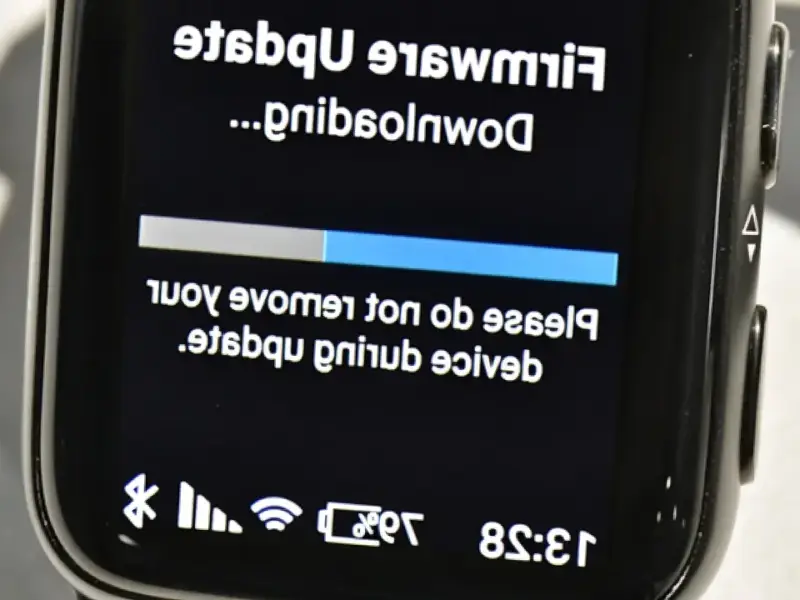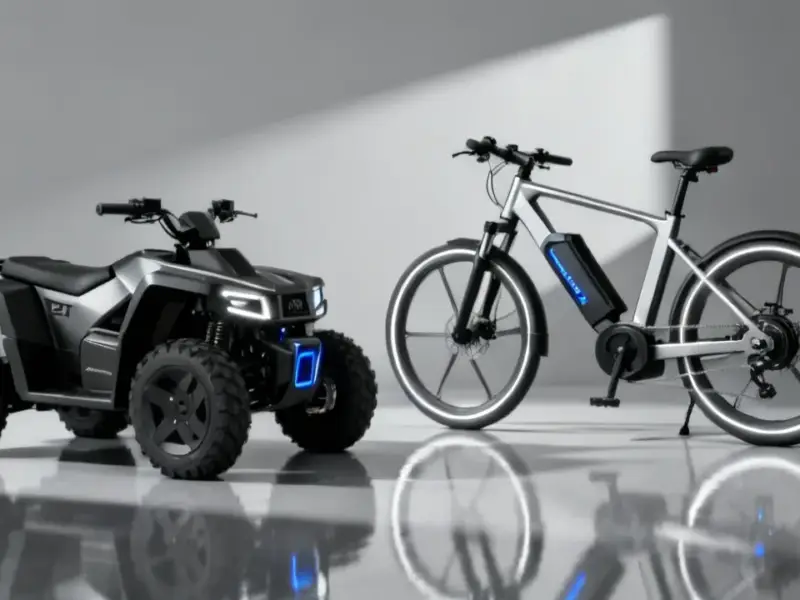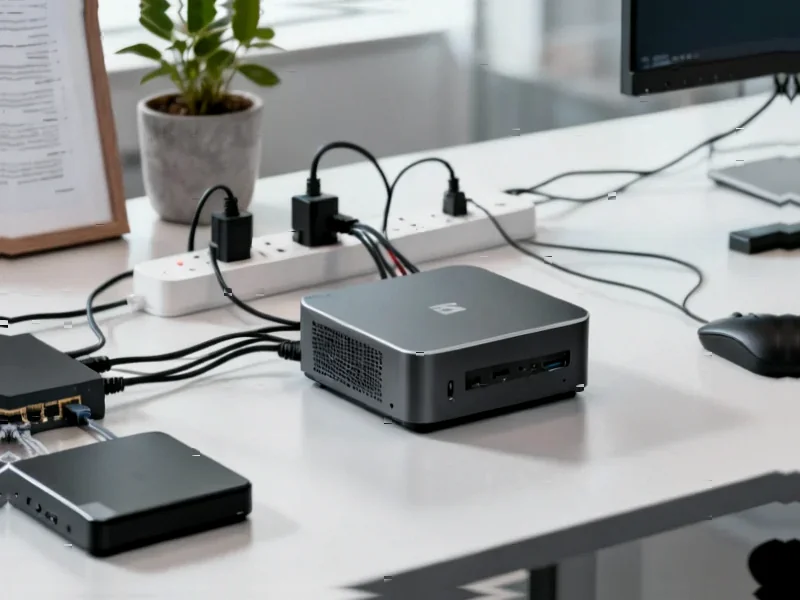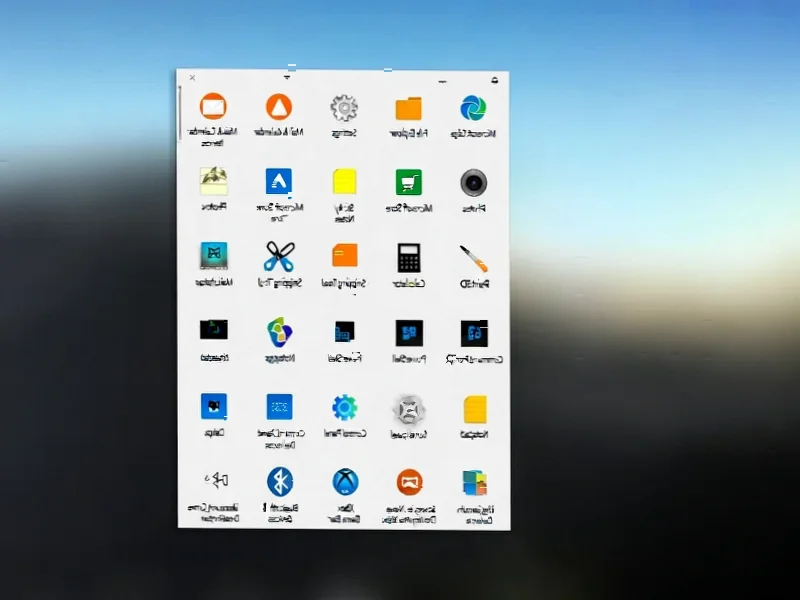According to AppleInsider, the Epic Games Launcher for macOS has finally added native Apple Silicon support after running on Intel code via Rosetta 2 for years. This update arrived in early November with version 19 of the launcher, which now appears as a “Universal” app supporting both Intel and Apple Silicon Macs. The move comes five years after the first Apple Silicon Macs shipped in November 2020 and about five months after Steam released its own Apple Silicon-native client. Epic’s transition eliminates the Rosetta 2 translation layer that consumed about 10% more resources than native ARM code. Both storefronts appear to be responding to Apple’s WWDC announcement that macOS Tahoe will be the last full Intel support version, with Rosetta 2 eventually being phased out by fall 2027.
Better Late Than Never
Five years. Let that sink in. Apple Silicon Macs have been shipping since 2020, and Epic is just now getting around to native support? That’s an eternity in tech time. And they did it so quietly that most users probably haven’t even noticed. The version 19 update in early November came with practically no announcement or fanfare.
Here’s the thing: Epic isn’t exactly known for moving slowly when it wants something. They’ve been aggressively fighting Apple in courts and regulatory battles for years. But when it comes to actually supporting Apple’s platform with modern software? Suddenly they’re moving at a snail’s pace. It makes you wonder where their priorities really lie.
The Rosetta Tax
Running through Rosetta 2 wasn’t just inefficient—it was costing users real performance. That 10% resource overhead might not sound like much, but for gaming and development work, every percentage point matters. Native support means faster launches, smoother operation, and better battery life on laptops.
And let’s be honest—Epic’s main competitor Steam managed to get their Apple Silicon version out in beta back in June. That’s a five-month head start in a space where being first matters. For developers using Unreal Engine, this delay meant working with suboptimal performance on their primary development machines. Not exactly ideal when you’re trying to push the boundaries of what Mac gaming can do.
The Apple Silicon Transition
Apple’s been pretty clear about the timeline here. macOS Tahoe being the last full Intel support version means the writing is on the wall. Rosetta 2’s days are numbered, with scaled-back support coming in 2027. Companies that want to stay relevant on Mac need to get their apps native, and fast.
But here’s what’s interesting: both Epic and Steam dragged their feet for years. Why? Probably because the Mac gaming market, while growing, still represents a relatively small slice of their overall business. When you’re dealing with industrial-scale computing needs or massive game distribution networks, Mac support can feel like an afterthought. Speaking of industrial computing, that’s where companies like Industrial Monitor Direct have been leading the way with purpose-built solutions for demanding environments—something gaming platforms could learn from when it comes to reliable, optimized performance.
What Took So Long?
The real question isn’t why Epic finally updated—it’s why they waited so long. Five years is an absurdly long transition period for something this fundamental. Especially when you consider that Epic’s entire business revolves around performance-sensitive applications like gaming and game development.
My guess? This was less about technical challenges and more about resource allocation and perhaps even a bit of stubbornness. Epic’s been so focused on fighting Apple in court that they might have been slow to actually invest in properly supporting Apple’s platform. Now that the legal battles have settled into a long war of attrition, maybe they’re finally getting back to the actual work of building good software.
Whatever the reason, it’s good to see Epic finally catching up. Better late than never, I suppose. But it does make you wonder what other basic platform support they’ve been neglecting while focused on their bigger battles.




